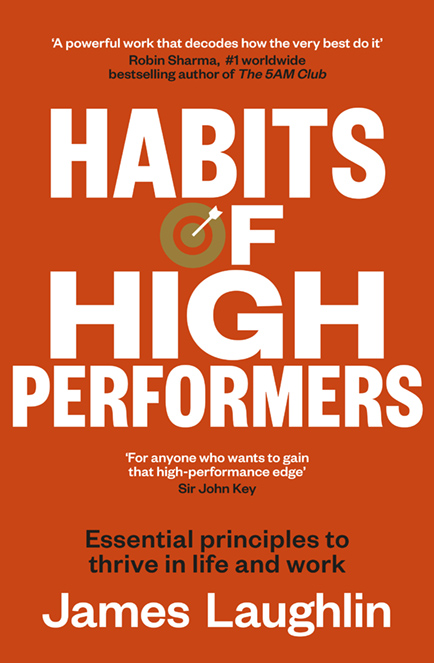WHEN IT COMES to high performance, most of us focus on external factors, including our routines, goals, and environment. But what if the real key to unlocking your potential lies within your body? Specifically, in the intricate dance of hormones that regulate your drive, focus, and performance.
In my years coaching elite performers, from world-class athletes to Fortune 500 CEOs, I’ve seen firsthand how understanding the science behind motivation can transform lives. Hormones like dopamine, serotonin, and endorphins aren’t just buzzwords; they’re the biochemical drivers of success. Let me share how these hormones impact your performance and, more importantly, how you can harness them to unlock your full potential.
Dopamine: the reward driver
Dopamine is often called the “reward neurotransmitter,” and for good reason. It’s released during pleasurable situations and motivates us to repeat those behaviours. Whether it’s the satisfaction of completing a challenging workout or the thrill of closing a big deal, dopamine is the chemical that makes you want to do it again.
But here’s the catch: too much dopamine can lead to a crash. Overindulging in quick dopamine hits – like scrolling social media or bingeing on junk food – desensitises your brain’s reward system. This leaves you restless and unmotivated when it comes to the long-term goals that truly matter.
How to harness dopamine:
- Stack small wins: Break big goals into smaller milestones. Each time you achieve one, your brain gets a dopamine boost, reinforcing the behaviour.
- Celebrate progress: Acknowledge your wins, no matter how small. This creates a positive feedback loop that keeps you motivated.
- Swap quick hits for lasting gains: Limit activities that provide instant gratification but don’t align with your long-term goals, like excessive social media use.
I once worked with a professional rugby player who struggled with motivation during off-season training. By setting micro-goals for each session and celebrating small wins, he reignited his drive and returned to peak performance.

James Laughlin, author of Habits of High Performers
Serotonin: the mood regulator
Serotonin plays a crucial role in regulating mood, which directly impacts motivation and focus. Low serotonin levels are linked to fatigue, low energy, and even depression, states that can derail your performance. Interestingly, serotonin also influences decision-making, particularly when effort is required to achieve a reward.
How to boost serotonin:
- Soak up the sunlight: Exposure to natural light increases serotonin production. Aim for at least 15–20 minutes of sunlight daily.
- Move in any way you can: Aerobic exercise is a proven way to boost serotonin levels.
- Shift your perspective: Reflecting on what you’re grateful for can increase serotonin, improving your overall mood and outlook.
One CEO I coached made a habit of starting each day with a gratitude journal and a brisk walk in the sun. This simple routine transformed his energy levels and decision-making clarity.
How to increase endorphins:
- Find the funny: Laughter is a natural way to release endorphins, so don’t underestimate the power of humour.
- Turn up the music: Your favourite tunes can stimulate endorphin production, enhancing your mood and focus.
I’ll never forget working with a high-pressure sales team that incorporated laughter breaks into their day. Not only did it boost morale, but it also improved their resilience during stressful negotiations.
While each of these hormones plays a unique role, they don’t operate in isolation. High performance requires a balance of dopamine, serotonin, and endorphins. Too much or too little of any one can throw you off your game.
For example, if you’re overly reliant on dopamine-driven rewards, you might find yourself chasing short-term wins at the expense of long-term success. On the other hand, if your serotonin levels are low, you might struggle to find the motivation to start, let alone finish, a challenging task.
High performance isn’t just about working harder, it’s about working smarter. By optimising your hormonal balance, you’ll not only achieve your goals but also enjoy the journey along the way.
So, the next time you feel stuck or unmotivated, don’t just push harder, look inward. Your body has the tools you need to succeed. You just need to know how to use them.
This isn’t just theory, it’s a proven approach I’ve seen transform lives. Whether you’re an athlete chasing a championship or a leader steering your team to success, understanding and harnessing your hormones is the ultimate game-changer.
James’ debut book,Habits of High Performers, is available now on Amazon or through James Laughlin’s website – https://www.jjlaughlin.com/hohp.
Related:
Mark Bouris On How to Be Successful and the Importance of Discipline
















